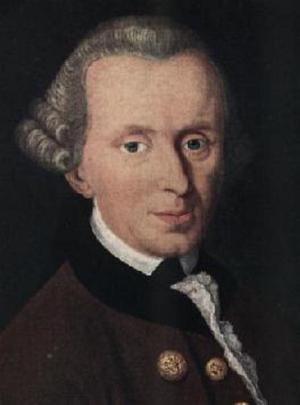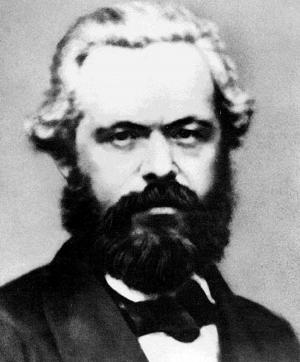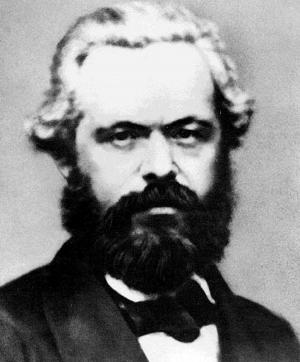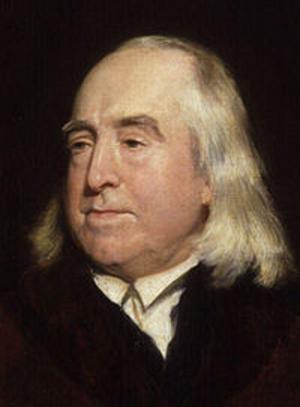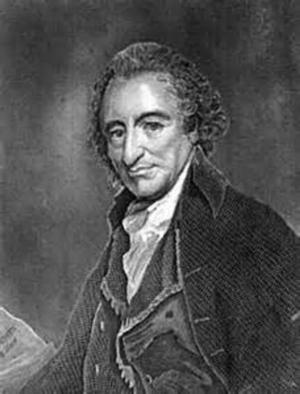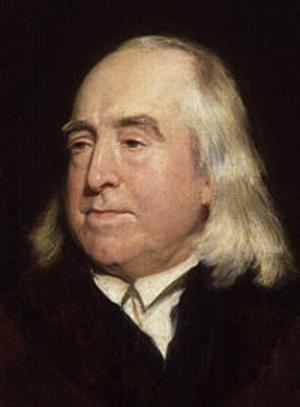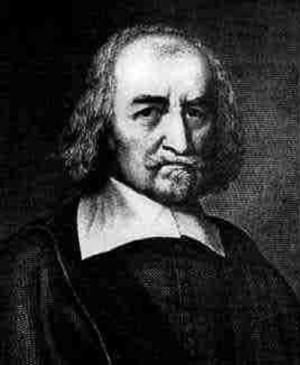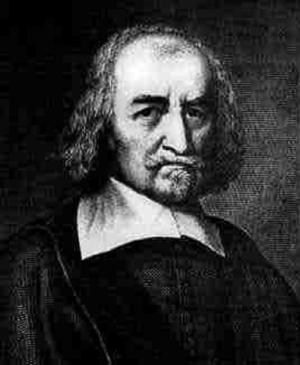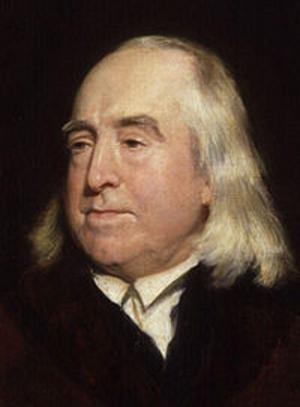Papers Relative to Codification and Public Instruction (Illustrated)
Business & Finance, Economics, Macroeconomics, Theory of Economics| Author: | Jeremy Bentham, Timeless Books: Editor | ISBN: | 1230000468275 |
| Publisher: | www.WealthOfNation.com | Publication: | June 4, 2015 |
| Imprint: | Language: | English |
| Author: | Jeremy Bentham, Timeless Books: Editor |
| ISBN: | 1230000468275 |
| Publisher: | www.WealthOfNation.com |
| Publication: | June 4, 2015 |
| Imprint: | |
| Language: | English |
The book has an active table of contents for easy access to each chapter of the following titles:
1. PAPERS RELATIVE TO CODIFICATION AND PUBLIC INSTRUCTION – JEREMY BENTHAM
2. CODIFICATION PROPOSAL,ADDRESSED BY JEREMY BENTHAM TO ALL NATIONS PROFESSING LIBERAL OPINIONS – JEREMY BENTHAM
Jeremy Bentham was a British philosopher, jurist, social reformer and the founder of modern utilitarianism. He is in the row with the greatest thinkers Adam Smith, John Stuart Mill, John Keynes, John Locke, and Alfred Marshall. Their thoughts had strong influence on building the foundation of the United States and its endeavor of open society.
Jeremy Bentham invented the axiom of the greatest happiness of the greatest number. His writings emphasised the pursuit of happiness and freedom and became popular in the new republics of America and the other counties.
Jeremy Bentham published Papers relative to Codification and Public Instruction in 1817 and Codification Proposal, addressed to all Nations Professing Liberal Opinions in 1822 with supplements in 1827 and 1830. Bentham argued in the works that existing law was illogical for the interests of lawyers, rather than 'the greatest happiness of the greatest number'. His solution of remedy to the systems was the complete replacement of all laws with a complete code of new laws. His arguments are detailed in Papers relative to Codification and Codification Proposal.
Jeremy Bentham’s work produced great influence on utilitarianism, philosophy, jurist, and economics. His view became widely recognised as the foremost philosophical voice of political radicalism and his influence has been felt in nearly every field of the humanities and social sciences.
This book is one of the most important ones about universal law, judicial establishment, and its practice by Jeremy Bentham, one of the greatest thinkers of modern economics and philosophy on the planet.
The book has an active table of contents for easy access to each chapter of the following titles:
1. PAPERS RELATIVE TO CODIFICATION AND PUBLIC INSTRUCTION – JEREMY BENTHAM
2. CODIFICATION PROPOSAL,ADDRESSED BY JEREMY BENTHAM TO ALL NATIONS PROFESSING LIBERAL OPINIONS – JEREMY BENTHAM
Jeremy Bentham was a British philosopher, jurist, social reformer and the founder of modern utilitarianism. He is in the row with the greatest thinkers Adam Smith, John Stuart Mill, John Keynes, John Locke, and Alfred Marshall. Their thoughts had strong influence on building the foundation of the United States and its endeavor of open society.
Jeremy Bentham invented the axiom of the greatest happiness of the greatest number. His writings emphasised the pursuit of happiness and freedom and became popular in the new republics of America and the other counties.
Jeremy Bentham published Papers relative to Codification and Public Instruction in 1817 and Codification Proposal, addressed to all Nations Professing Liberal Opinions in 1822 with supplements in 1827 and 1830. Bentham argued in the works that existing law was illogical for the interests of lawyers, rather than 'the greatest happiness of the greatest number'. His solution of remedy to the systems was the complete replacement of all laws with a complete code of new laws. His arguments are detailed in Papers relative to Codification and Codification Proposal.
Jeremy Bentham’s work produced great influence on utilitarianism, philosophy, jurist, and economics. His view became widely recognised as the foremost philosophical voice of political radicalism and his influence has been felt in nearly every field of the humanities and social sciences.
This book is one of the most important ones about universal law, judicial establishment, and its practice by Jeremy Bentham, one of the greatest thinkers of modern economics and philosophy on the planet.

